
A slideshow, an article and a video to explain the United Nations General Assembly to your students, and let them see how young people can participate. This article from BBC children’s news programme Newsround does exactly what it says on the tin: explains “What is the United Nations”? The language is fairly simple. It’s usable … Continue reading “United Nations Webpicks”
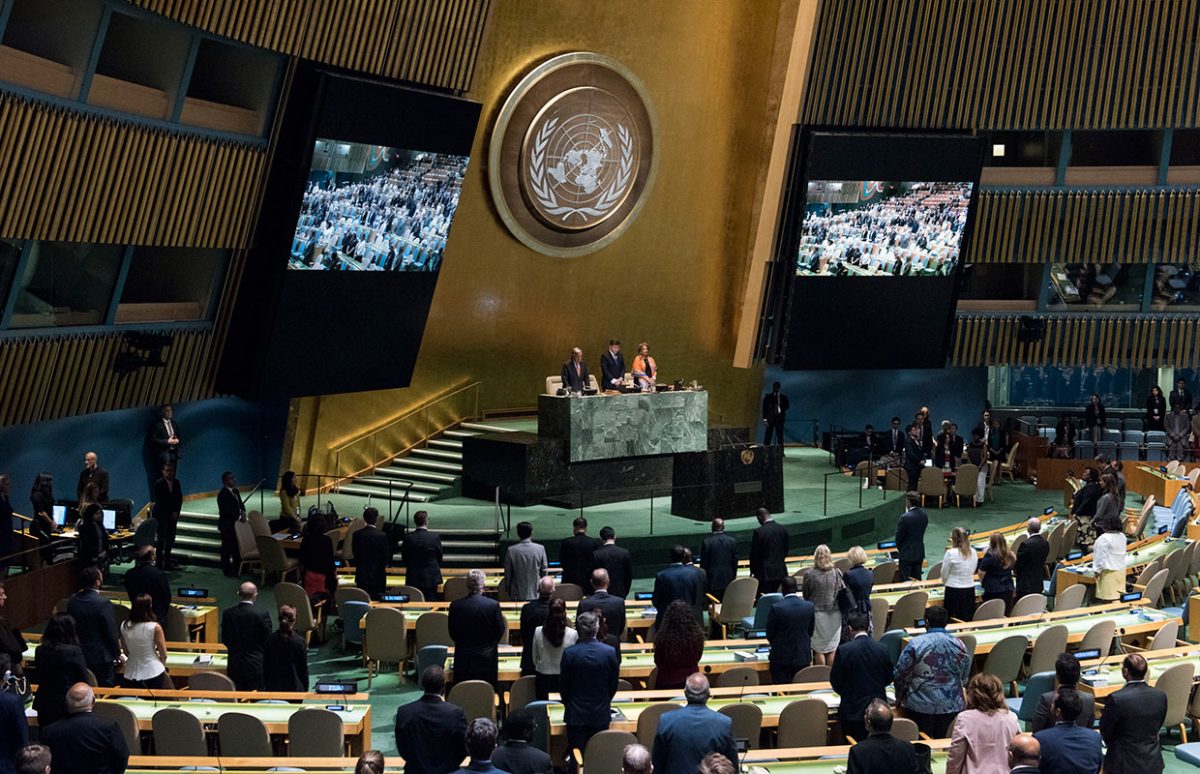
From 19 to 25 September, the world’s leaders will take the lectern in New York for the 72nd General Assembly of the United Nations. Amongst the delegates seeing world diplomacy at work for the first time are young people from more than 35 countries. United Nations Youth Delegates bring young people’s issues to the Assembly, … Continue reading “Young People Represent Their Countries at the U.N.”
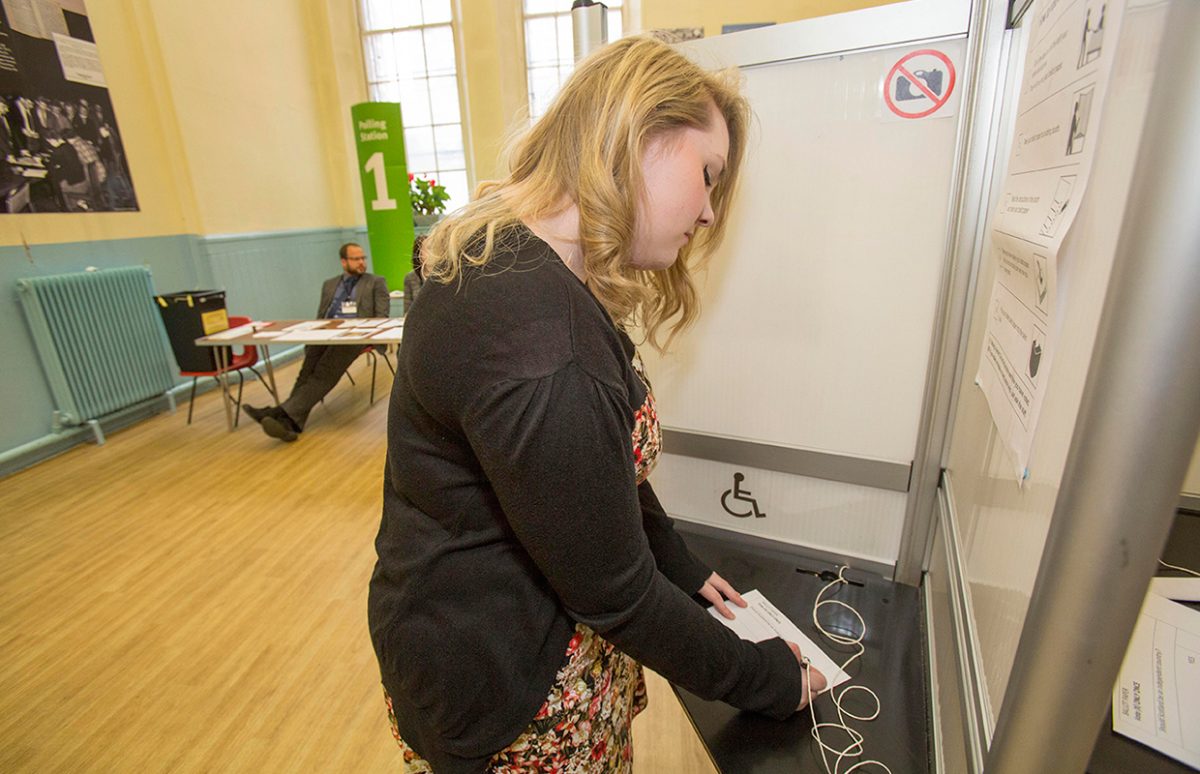
Ever since the surprise result of the June 8 General Election, figures have been flying round traditional and social media claiming that the swing away from the Conservatives to Labour was caused by young voters “taking their revenge” for the Brexit referendum. It’s a good story. But is it true? After the Brexit referendum, there … Continue reading “Did Britain Just Have A Youth Quake?”
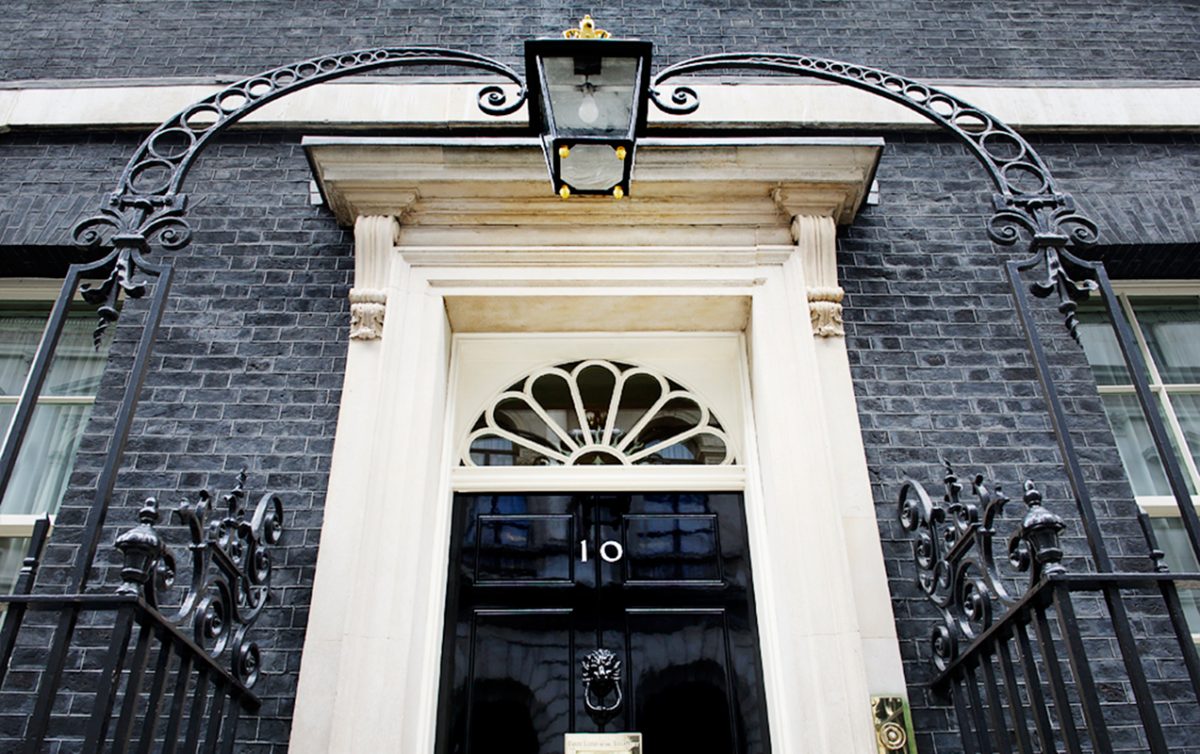
The UK General Election that was supposed to consolidate the Conservative majority has a resulted in a hung parliament: no one party has reached the 326 seats needed for an absolute majority. The sitting Conservative government has asked the Queen to form a government with the backing of the Northern Irish Democratic Unionist Party. The … Continue reading “Another UK Electoral Surprise”
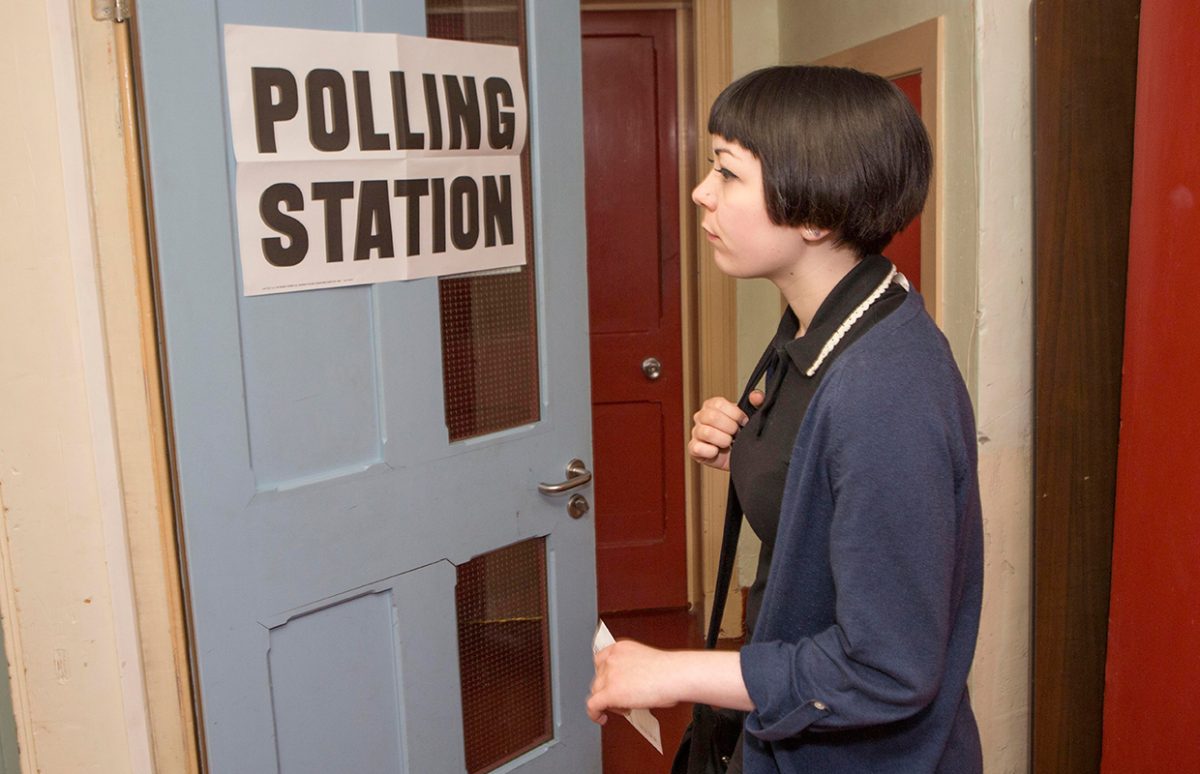
The exception seems to be becoming the rule in Britain, where the latest election campaign, just like the last general election and the EU referendum, has not gone the way anyone expected. Britons go to the polls today for the election Theresa May announced on 18 April, and which the Conservatives were expected to win … Continue reading “Britain Goes to the Polls”
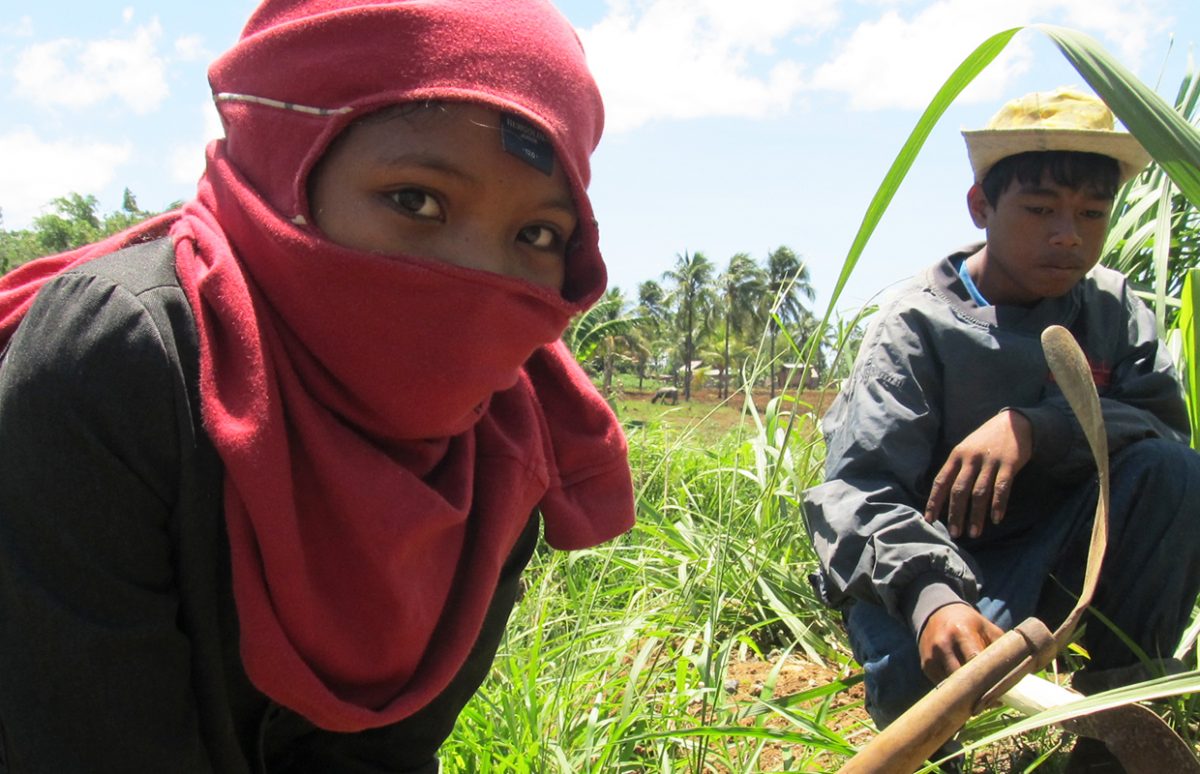
For the United Nations World Day Against Child Labour on June 12, or any other time you want to discuss this important topic in class, here are some teaching resources for different levels. The Australian NGO Worldvision has a teaching resource on child labour with downloadable worksheets and photo stories. Several of the topics have … Continue reading “Teaching about Child Labour”

Bite the Ballot and The League of Young Voters are both British charities created by young people and focused on getting young people engaged in voting, especially in the general election on 8 June. Their videos, apps and animations are extremely teen-friendly and excellent for working on citizenship in class. This video encouraging young people … Continue reading “Young Voters Webpicks”
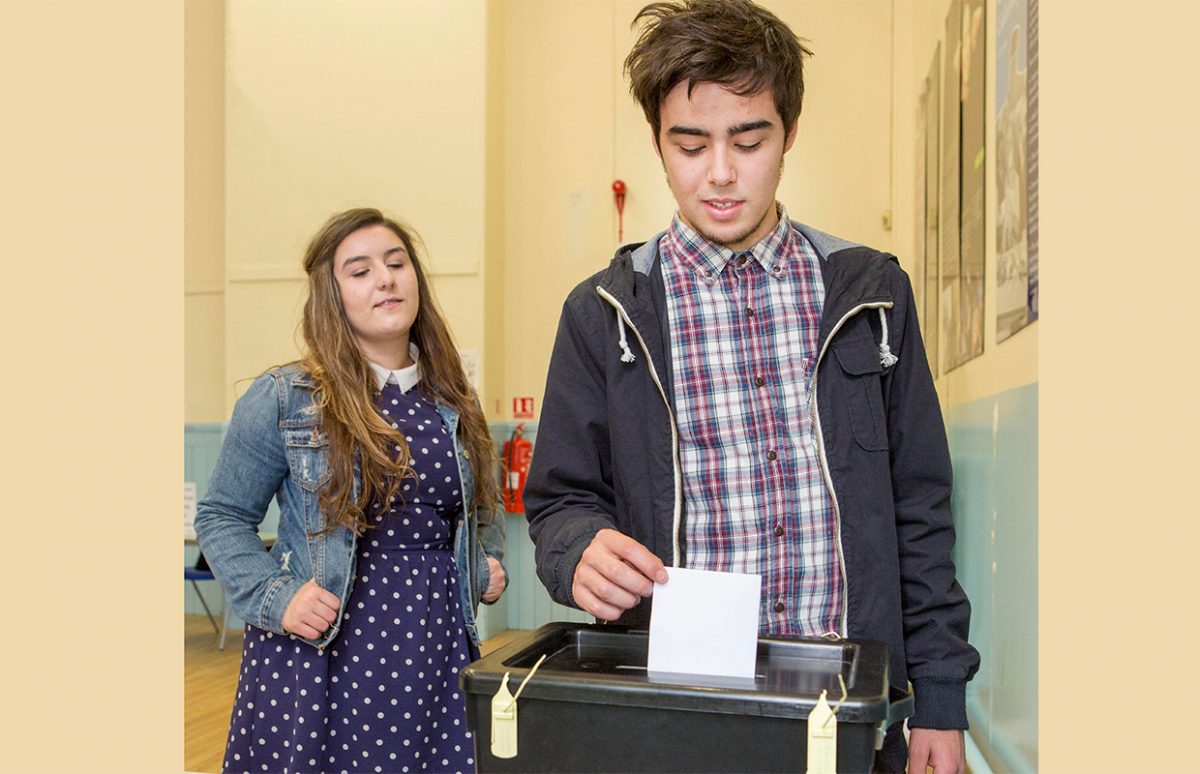
You might think young British voters would be getting jaded after two general elections and a referendum in two years. But on the contrary, young people are signing up to vote in record numbers. There has been a surge of voters registering to vote since the surprise announcement of the general election. Between Mrs May’s … Continue reading “Young Voters”
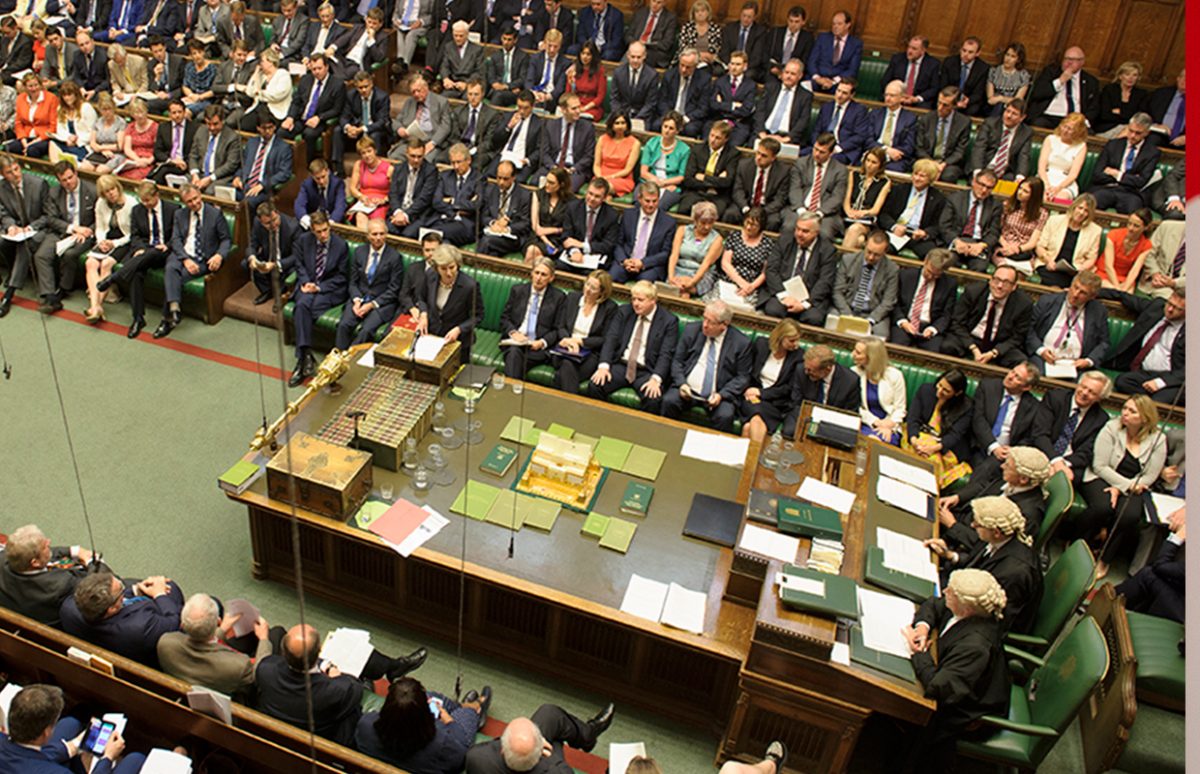
This A2-level article enables pupils to understand simply the electoral system in the United Kingdom as both the UK and France go to the polls. It could be part of a topic for an EPI « Information, communication, citoyenneté » on different electoral systems, differences between a monarchy and a democracy, in connection with the parcours du … Continue reading “UK Elections”

This A1+-level article will introduce your pupils to an important and fun British charity event that involves many children across the United Kingdom: Red Nose Day. This fundraising event takes place every second year. In 2019, it is on 15 March. Vocabulary and Structures Numbers: important amounts and dates Vocabulary: lexical field around the word … Continue reading “Red Nose Day”













